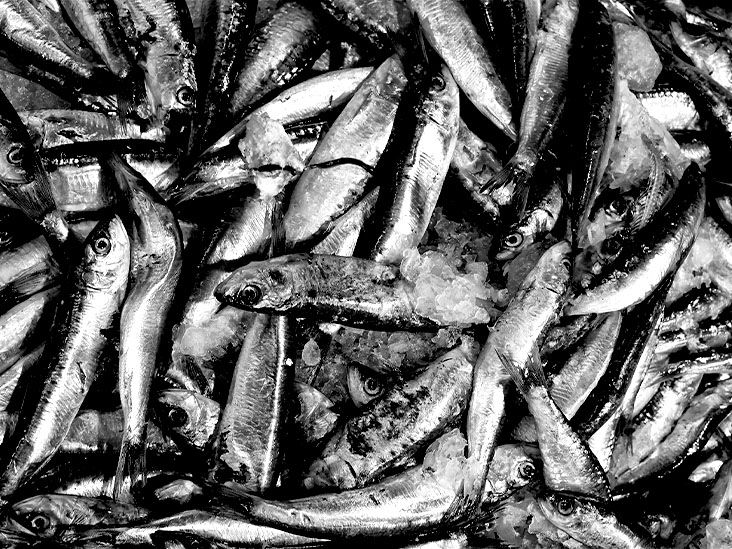Ketogenic diets are being studied for their potential role in cancer prevention, with recent research in mice suggesting that the types of fat consumed can impact the diet’s effectiveness in lowering cancer risk. The keto diet aims to trigger ketosis, a metabolic state where the body uses fat for energy instead of glucose. This diet has shown potential benefits in managing epilepsy, diabetes, obesity, and now researchers are investigating its role in treating cancer by inhibiting the growth of cancer cells. A recent study in mice evaluated the impact of different fat-enriched keto diets on the development of lung nodules induced by nicotine-derived nitrosamine ketone (NNK).
The study found that all keto diets, regardless of the type of fats included, were more effective in preventing lung nodules in mice compared to Western and low-carbohydrate diets. However, a keto diet enriched with fish oil, rich in omega-3 fatty acids, was particularly effective in preventing NNK-induced lung nodule formation. The increased levels of specific omega-3 fatty acids in the lungs were thought to play a crucial role in reducing lung cancer nodule formation. While the study was conducted on mice and the exact mechanisms of fish oil’s effectiveness require further research, experts believe that fish oil may enhance ketosis and regulate cell cycles, leading to reduced fatty acid synthase expression and potential cell cycle arrest and apoptosis.
There are concerns about the implications of a high-fat keto diet, especially one enriched with fish oil, on cardiovascular health. While the study shows promise for using a fish oil-enriched keto diet as a preventive measure against lung cancer, its effects on lipid levels, including VLDL and LDL cholesterol, need to be thoroughly evaluated before recommending this dietary intervention. It is important to consider other health conditions, such as cardiovascular diseases, when recommending keto and fish oil in the context of cancer prevention. Preliminary studies suggest potential benefits of keto diets for at-risk populations, but further human research is necessary before making recommendations.
Experts recommend focusing on whole foods and healthy fats, including omega-3s, for cancer prevention, rather than adopting a keto diet that lacks sufficient evidence for this purpose. Established guidelines recommended by the American Cancer Society emphasize maintaining a healthy weight, an active lifestyle, and a diet rich in fruits, vegetables, whole grains, legumes, nuts, and seeds while limiting refined grain products, highly processed foods, red and processed meats, and sugary beverages, and avoiding alcohol consumption. Preventing cancer through diet is a complex issue involving multiple factors, so individuals should adopt multiple health-promoting behaviors, including discussing any dietary changes with a medical doctor or registered dietitian.
In summary, the study provides new evidence supporting the potential benefits of keto diets and omega-3 fatty acids like fish oil in cancer prevention strategies. The types of fat consumed in keto diets may impact their effectiveness in lowering cancer risk, but preventing cancer through diet also involves factors such as physical activity, lifestyle, and genetic predisposition. While keto diets show promise, there are better dietary recommendations available for cancer prevention, such as plant-based and Mediterranean dietary patterns that are more satisfying, sustainable, and evidence-based. Further research is needed before recommending keto diets or fish oil for cancer prevention, emphasizing the importance of consulting healthcare professionals before making dietary changes.


